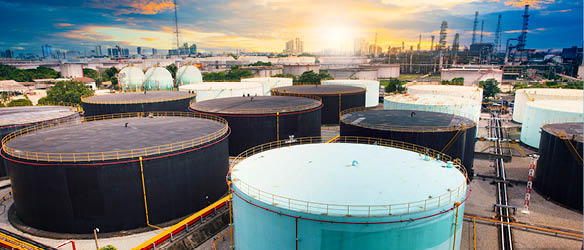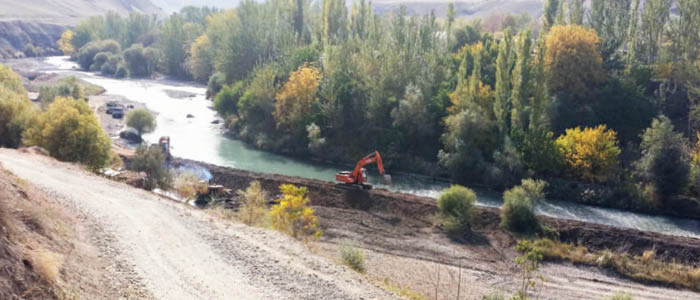Schoenherr has advised Metro on its acquisition of a 25% stake in Kosik Holding with a 5% option on top if Kosik expands into other CEE markets in collaboration with Metro. White & Case reportedly advised Kosik.
Closing: KKCG and Aricoma Group International Acquisition of Musala Soft Now Closed
On December 20, 2022, PPG Lawyers announced that KKCG's and Aricoma Group International’s acquisition of Musala Soft (reported by CEE Legal Matters on August 22, 2022) had closed.
Schoenherr Advises Oiltanking on Divestment of Liquid Storage Facility Terminal in Bulgaria
Schoenherr has advised Oiltanking on the sale of a 91.1% stake in a liquid storage terminal at the Black Sea in Devnya, Varna, to Astra-Finance.
ESG – A Gentle Reminder for a Corporate Strategy Update
ESG initiatives are rapidly becoming the status quo in the business world. Most corporations have some kind of sustainability measures in place in at least one of the three pillars – environmental, social, or governance. The majority of businesses in Bulgaria currently implement ESG projects voluntarily, indicating that stakeholders are not legally required to, for instance, incorporate climate mitigation and social responsibility initiatives into their organizations. But ESG trends aren’t going unnoticed by the regulators and ESG is gradually transforming into a compliance matter. However, beyond compliance, ESG lays the foundation for a competitive corporate strategy, positive climate action, and the discovery of new business opportunities.
Round Six: The European Union Ban on Russian Energy Imports
The sixth package of European Union sanctions imposed on Russia is a widely discussed topic, yet the overall levels of preparedness to adopt the associated energy import ban varies from one country to another. Indeed, with Russian oil and gas exports being such a dominant source of energy for a number of European countries, it remains to be seen how all of them adapt to the change. To gain insight into how certain EU member states and non-EU countries are (likely) to fare in the immediate wake of the ban, we reached out to legal professionals from Turkey, Poland, Bulgaria, the Czech Republic, and Moldova.
Schoenherr Advises KKCG and Aricoma Group International on Acquisition of Musala Soft
Schoenherr has advised the KKCG Group and its portfolio company Aricoma Group International on the acquisition of Bulgarian software company Musala Soft and its subsidiaries. CMS reportedly advised the sellers.
In Search of a New Energy Normal (Part 2) – What’s the Plan?
Energy prices have been a salient issue in CEE for the past year. Part 1 of this article covered just how high the energy prices had climbed in Bulgaria, the Czech Republic, Moldova, Montenegro, Poland, and Turkey, the impact of those prices on people, businesses, and governments, as well as the reasons why some countries fared better than others. Then Russia’s war against Ukraine changed everything, making a new energy pricing normal seem more distant than ever. In Part 2 we look at what energy experts believe could alleviate the situation and whether the war has impacted those plans.


































